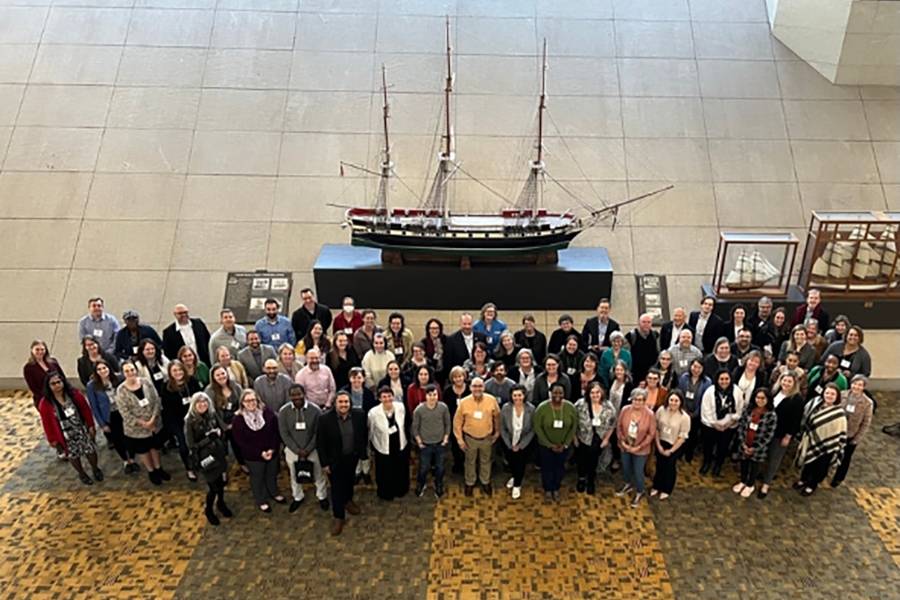The University of Oklahoma was recently selected to pilot and test the ARIS Broader Impacts Toolkit by the Center for Advancing Research Impact in Society at Rutgers University. The ARIS toolkit is an online platform with multiple tools to help faculty develop and assess broader impact plans, so that they can more broadly share their research to benefit society. It includes multiple tools to support the development and assessment of broader impact plans such as guiding principles, checklists and rubrics.
During the pilot period, the OU Center for Faculty Excellence will connect OU faculty with the toolkit and collect feedback for future improvements. The team also plans to contribute case study-based research to a special issue of the Journal of Community Engagement and Scholarship in 2024.
Joy Pendley, Ph.D., an associate director of the Center for Faculty Excellence, will lead the OU team, which includes Clara Smith, Ph.D., an associate director of the Center for Faculty Excellence, Marilyn Korhonen, Ed.D., director of strategic research initiatives in the Gallogly College of Engineering, Georgia Kosmopoulou, Ph.D., associate dean for research in the Dodge Family College of Arts and Science and Shane Connelly, Ph.D., director of the Institute for Community and Society Transformation.
“These broader impact plans not only broaden the scope of research dissemination, but also help faculty apply their work to benefit society,” Pendley said. “The feedback that OU faculty give on the use of the toolkit will be instrumental in improving the toolkit and will contribute to the University of Oklahoma’s goals in Pillar 5 of the 'Lead On' strategic plan: Enrich and Positively Impact Oklahoma, the Nation, and the World through Research and Creative Activity.”
“The Broader Impacts Toolkit provides a good mix of guidance and freedom of choice for faculty,” Korhonen said. “Gallogly College of Engineering professors will benefit from the ability to connect and integrate broader impacts in the National Science Foundation context, with diversity, equity and inclusion in the context of Department of Energy and other funding agencies.”
OU faculty interested in developing proposals in the next two to three years are encouraged to email pendley@ou.edu to schedule a one-on-one consultation.


